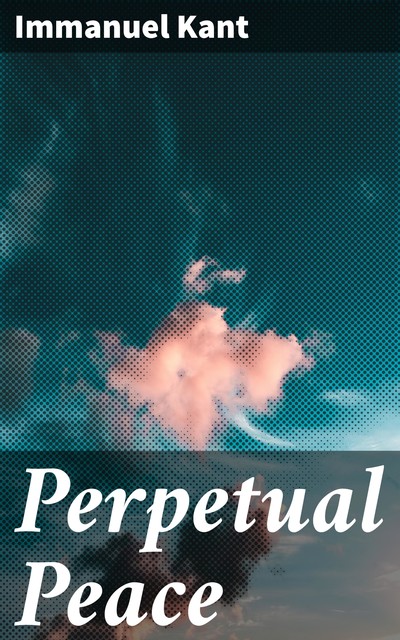In “Perpetual Peace: A Philosophical Sketch,” Immanuel Kant presents a groundbreaking exploration of the conditions necessary for achieving lasting peace among nations. Written in an era marked by conflict and social upheaval during the late 18th century, the book employs a concise and rigorous philosophical style, blending moral philosophy with political theory. Kant proposes a series of definitive articles and principles, advocating for representative governments, the abolishment of standing armies, and the promotion of international cooperation, framing peace not just as a desirable state but as a moral imperative rooted in the principles of autonomy and rationality. Immanuel Kant, a central figure in modern Western philosophy, was influenced by the tumultuous socio-political climate of his time as well as the Enlightenment ideals of reason and progress. His rigorous intellectual development in a Prussian context, coupled with experiences of war and conflict, inspired him to contemplate solutions to perpetual conflict. Kant'Äôs philosophical inquiries encompass ethics, aesthetics, and metaphysics, culminating in a profound engagement with the possibilities of human existence through rational moral law. “Perpetual Peace” remains an essential read for scholars and enthusiasts of political philosophy, international relations, and ethical theory. Kant's visionary ideas resonate with contemporary global issues, offering timeless insights into discussions of peace, diplomacy, and international governance that are as relevant today as they were in the 18th century.


